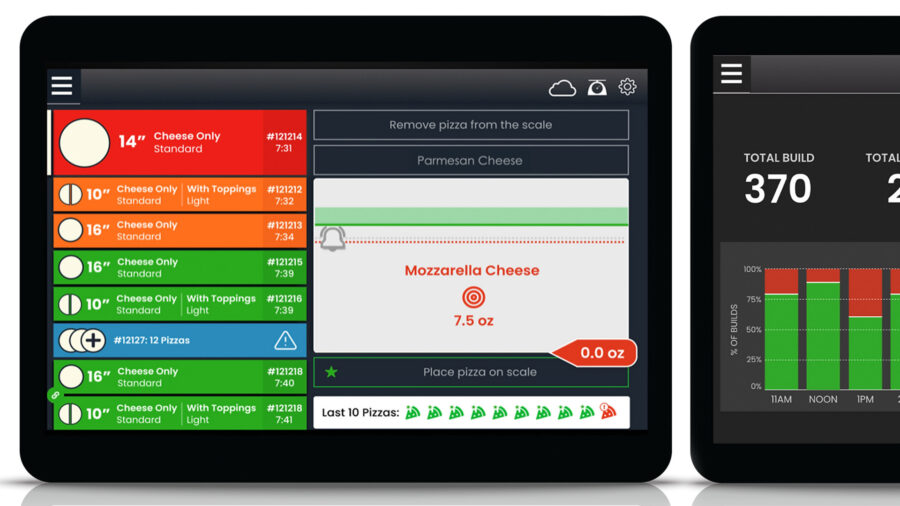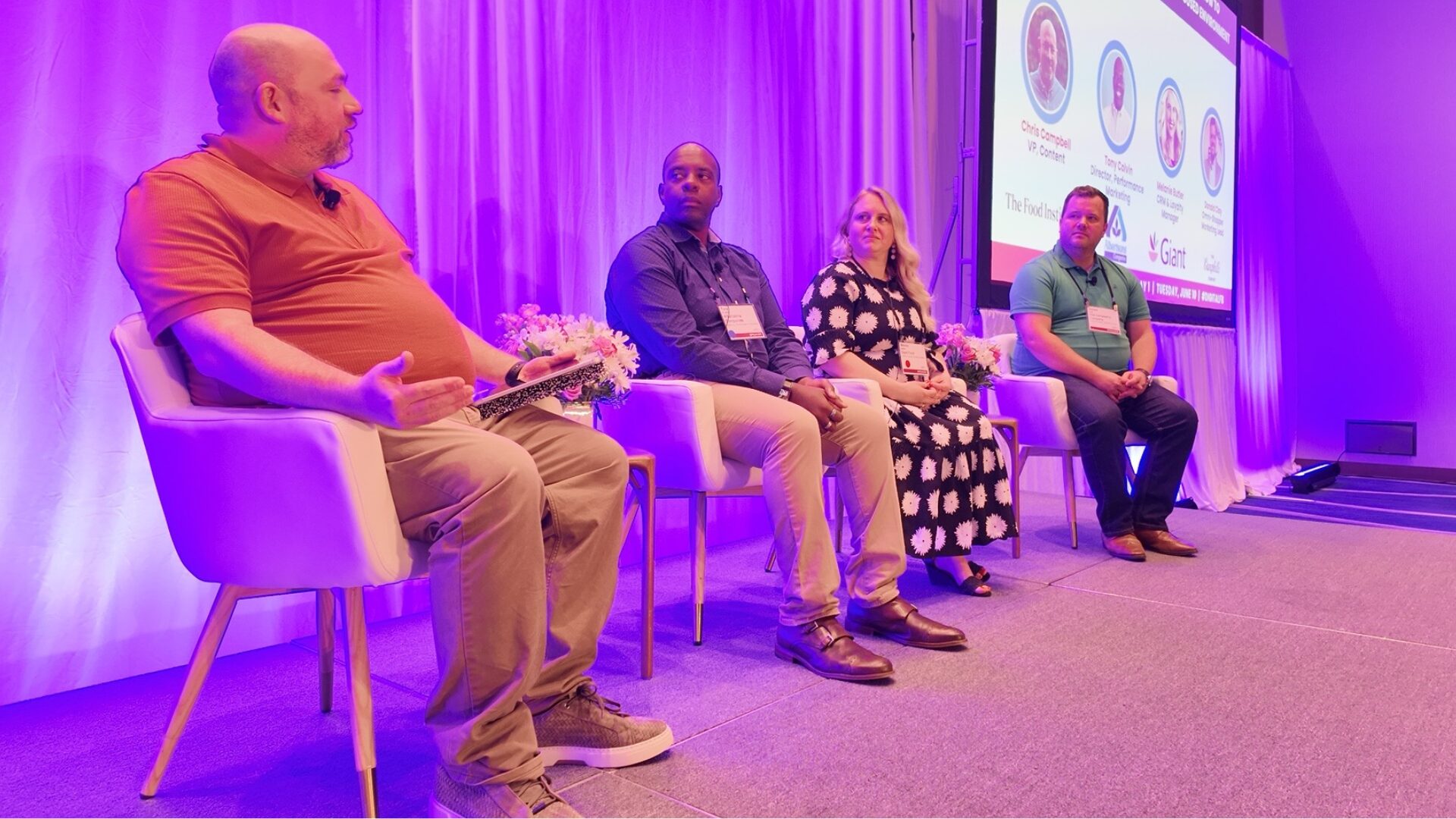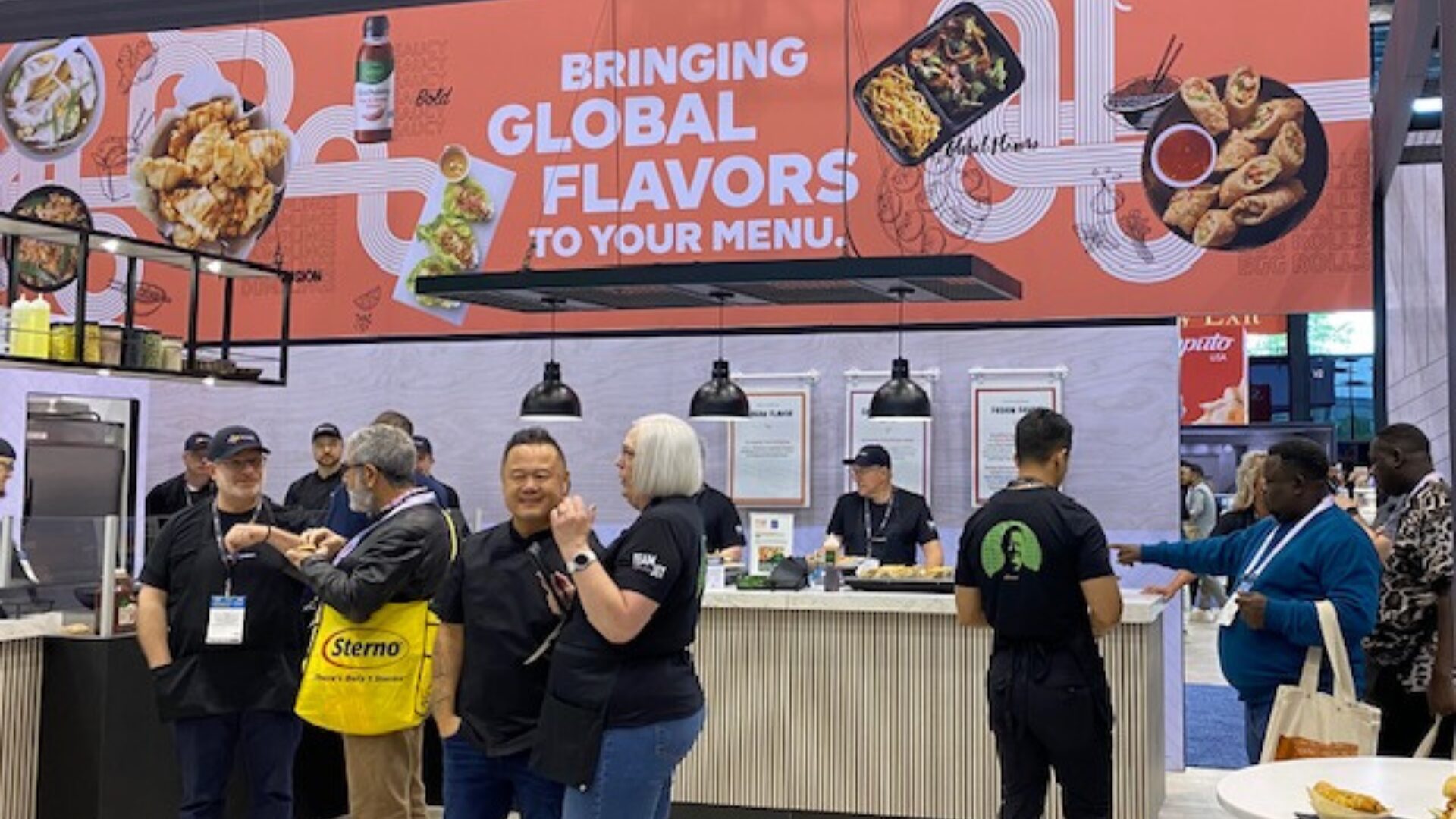Restaurants are a tricky business and the competition is fierce. That’s one reason why it’s imperative to set yourself apart and find ways to attract and retain high-quality employees.
In that spirit, Perfect Company recently announced its Perfect Kitchen Operating System (PKOS) – technology that has “gamified” the back of the house in an effort to boost efficiency at restaurants.
Some operators feel the new system could drastically impact the restaurant industry.
The Perfect Company’s website claims that it creates game-like technology solutions to solve problems in restaurants. The PKOS is a prime example. The gaming tech system is designed to optimize the performance of the kitchen staff by using easy to understand visuals instead of the standard paper or digital ticket that most kitchens use.
According to an article by Restaurant Business, the first, key step to the PKOS is the grill top. The system tells where the cook will put the food items and when to take them off, offering easy-to-follow instructions all shift long. Next, a picture of how exactly each dish should be constructed is displayed, along with an option to tap on the image to get a more detailed look at ingredients.
The final step is bagging the food, which breaks it down to exactly what food should be bagged and when.
Perfect Company has seven clients with the PKOS live in 150 locations – a list that figures to reach roughly 500 by next summer, Restaurant Business reported. The cost for the PKOS system is $50 per month, per screen.
The innovative gaming tech sounds helpful, but will it actually catch on?
“We’ve seen the rise and fall of video-game workout bikes and various work platforms, but this one gives me hope it might be different from the rest,” said Nina Engle, owner of Ping Pong Thai, a restaurant in Las Vegas.
“This will be extremely tailored to the typical audience who you’d find working in a kitchen – Millennials and Gen Z adults.
“I could see it making the workplace more fun and attractive, but I could also see it getting annoying for those that have to work with it every day. Do most people play the same game every single day? Usually not, because it gets old fairly quickly,” Engle added.
While she’s somewhat skeptical that the PKOS system will be widely adopted, Engle can see its appeal for restaurants that tend to have a relatively youthful staff.
“It might be a better fit for restaurants with high turnover and a younger employee demographic,” the operator said. “But we’re pure traditionalists.”
The Food Institute Podcast
Click the play button above to listen to the episode.
While many dairy products require bacteria for production, not all cultures are made the same. Chr. Hansen microbiologist Shannon Neuens joined The Food Institute Podcast to explain his views on bio-protection – the use of microflora to extend a product’s shelf life – and also discusses how the company’s line of cultures can be used to bolster nutrition and improve taste.












